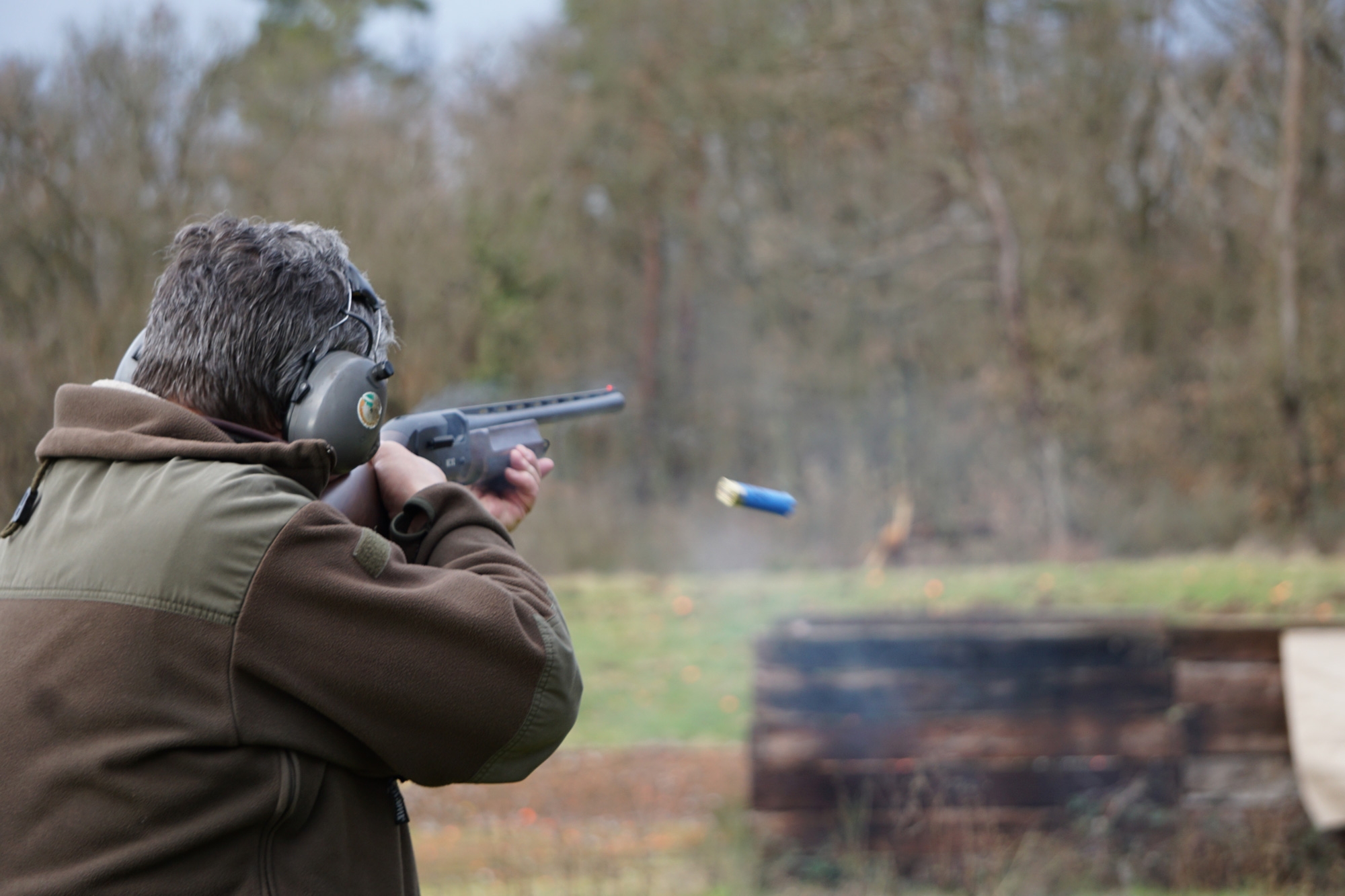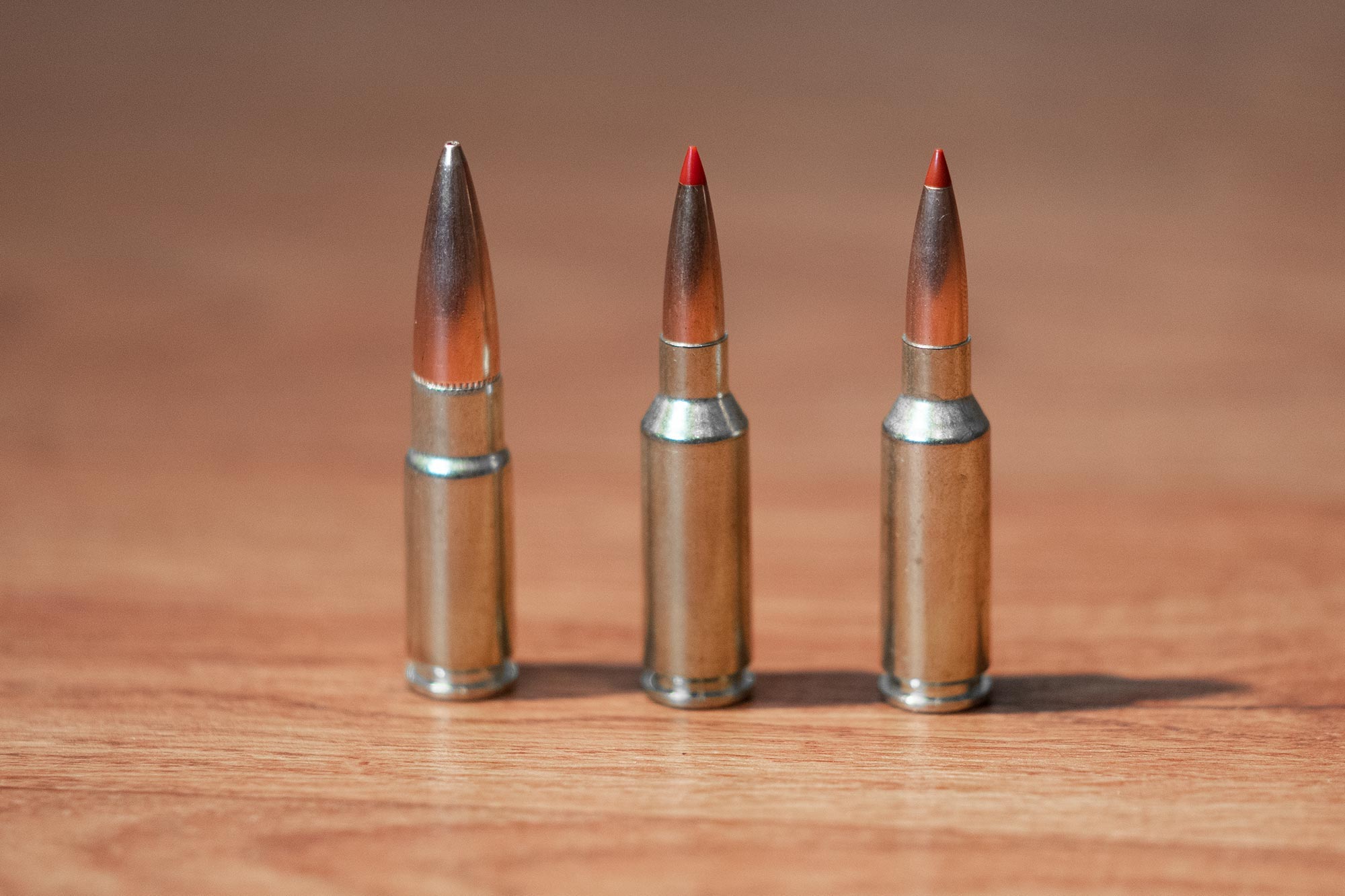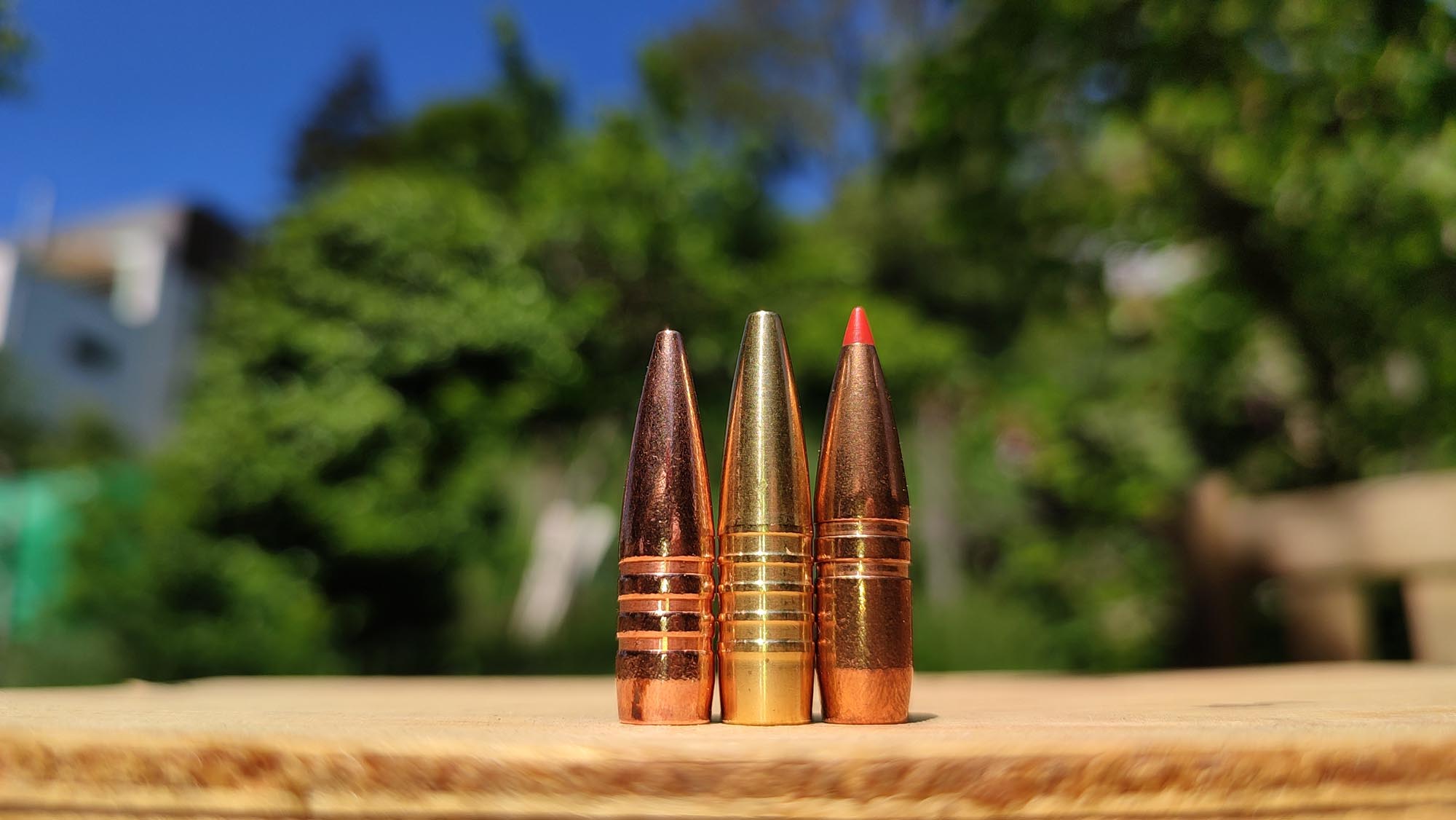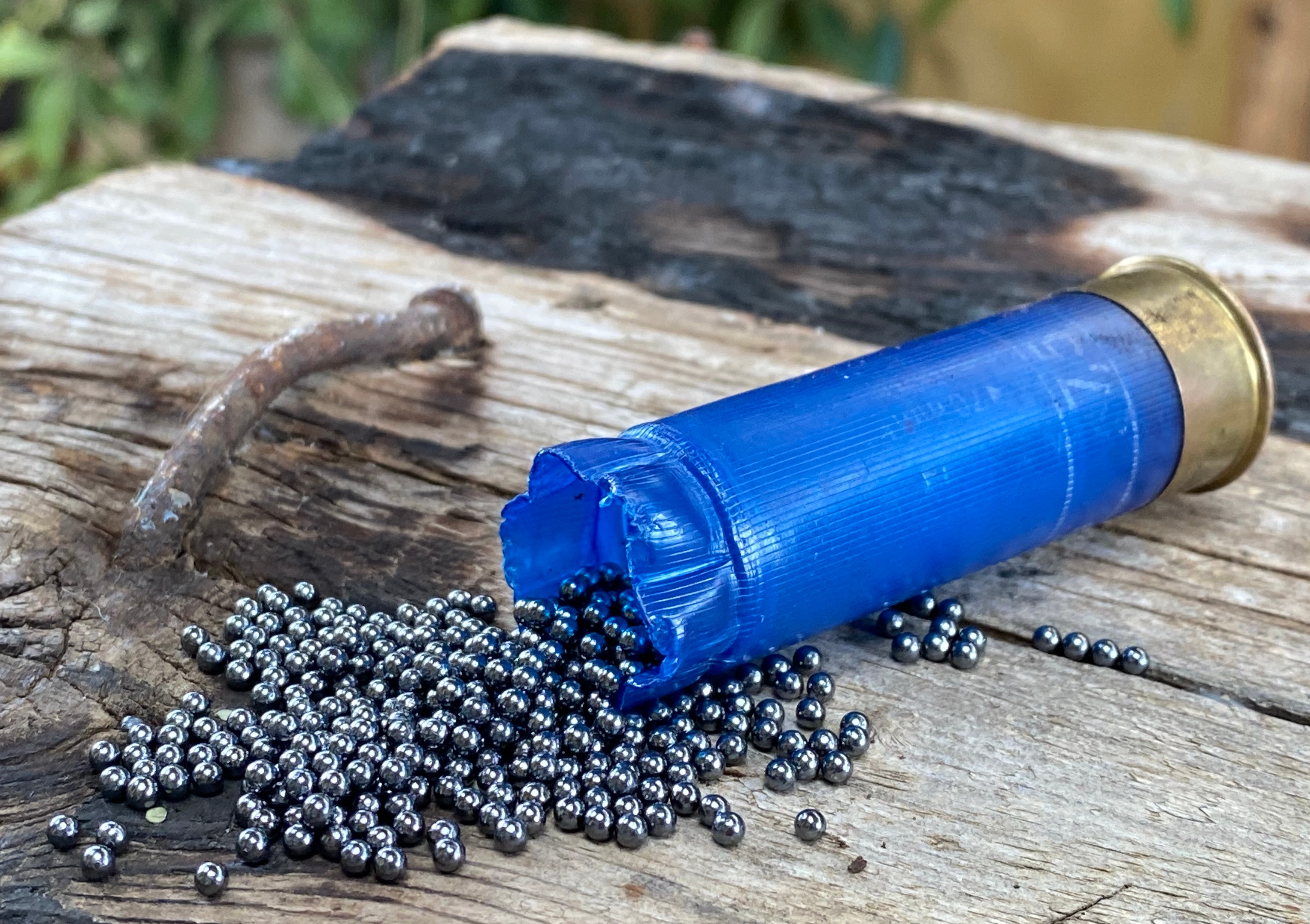Since a long time all4shooters.com is reporting about the political process of the planned EU-wide ban of lead in ammunition. The EU Commission has assigned ECHA (European Chemicals Agency) to evaluate the situation and to work out a draft for the subsequent political decisions. This process is ongoing in several steps and public consultations. all4shooters.com already reported about the ban of lead. Step by step it turns out, that most arguments of ECHA are not well balanced and some of the proposals are pretty unfair and inappropriate. Fact is: Lead in ammunition cannot easily be replaced and the effects of a ban of lead in ammunition is a big problem for animal welfare, performance of sport ammunition and economy, because of a lack of alternatives. And also the desired positive effects on environment and humans are unclear because of new problems with alternative materials for bullets and gun-shot.
The scientific study published by PLOS ONE Journal on August 29, 2022 demonstrates how current estimates of terrestrial bird losses across Europe from ingestion of lead ammunition, which have also been used by ECHA to draft its restriction proposal on lead ammunition, are based once again on uncertain or generic assumptions, basically showing how the methodology behind most of the current literature is not efficient and leads to flawed outcomes.
The study is peer-reviewed, hence, very robust in its scientific rigor.
What’s wrong with ECHA’s assumption in respect to “poisonous effects” of lead in ammunition?
- ECHA assumes that population sizes are decreased by the additional annual mortality, however, ECHA did not have a quantitative or qualitative estimate of the percentage of terrestrial carnivorous birds with lead poisoning.
- Instead, ECHA developed a highly uncertain estimate of 1% decrease in terrestrial game birds from lead shot ingestion (5 times higher than the estimates by ARCADIS).
- The data supporting the estimate are mostly from the UK and ECHA has mixed different statistics that are not comparable.
- Although specifically focused on population decreases from lead poisoning in Europe, the study will be of benefit to hunting, shooting, and sector interests around the world, as it builds a model that can be replicated in all national and regional contexts, dismissing the methods and thus the results of the anti-hunting and anti-lead counterparts.
This is just a summary. All details are explained in the scientific study published on PLOS ONE (link above). We all hope that the current Public Consultations of ECHA will give all stakeholders a fair chance to be heard and prevent all EU member states from the total ban of lead in ammunition.
Organizations:
WFSA: The World Forum on Shooting Activities: http://wfsa.net/wfsa/
ARCADIS: https://www.arcadis.com/










